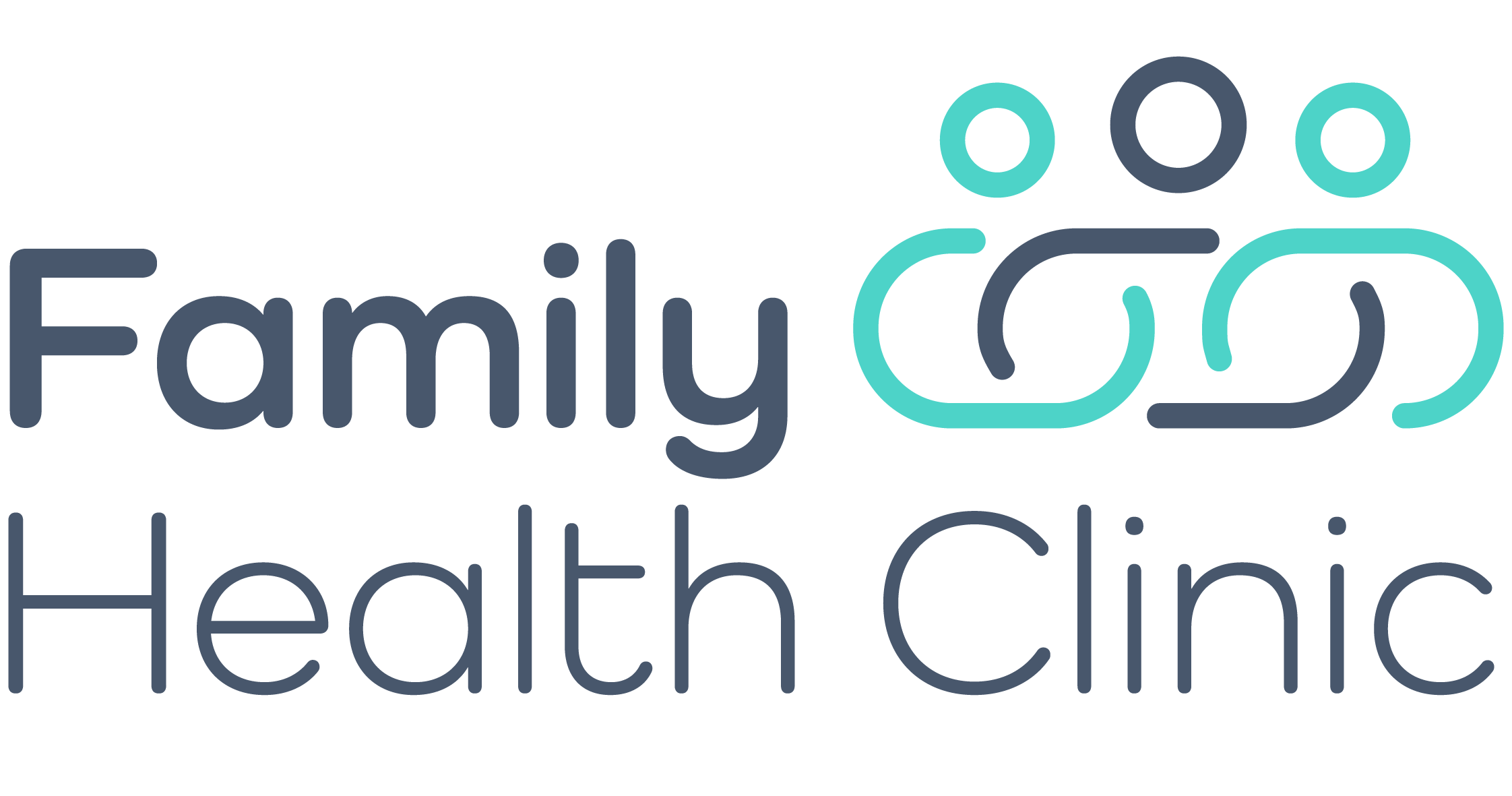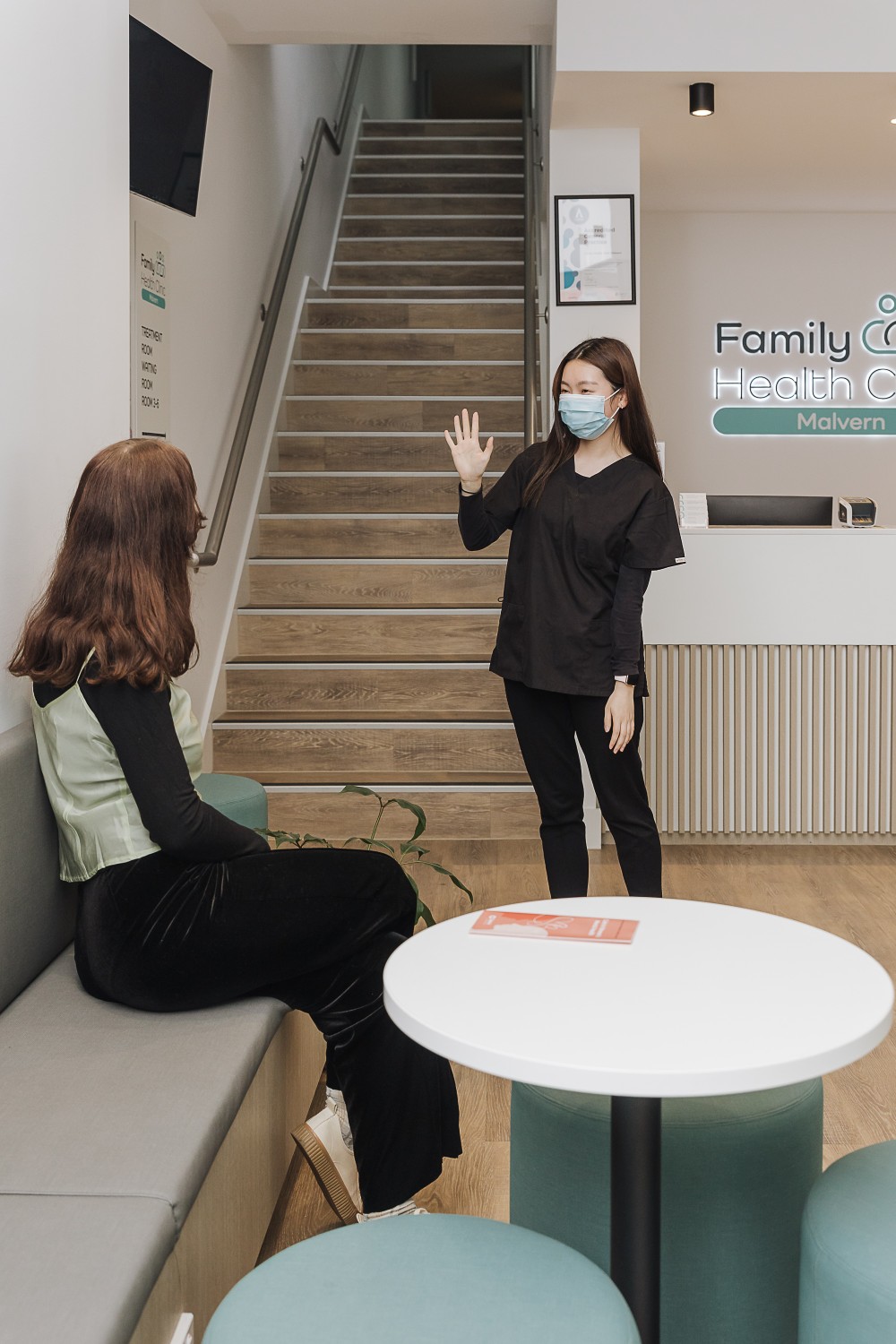What is Asthma?
Asthma is a chronic lung condition that causes the airways in the lungs to become inflamed and narrowed. This can lead to symptoms such as coughing, wheezing, shortness of breath, and chest tightness. These symptoms can range from mild to severe and may vary over time. Wheezing is very common in babies and toddlers, but not all children with wheeze go on to develop asthma. About one in five children will be diagnosed with asthma sometime during childhood.
What causes asthma?
The cause of asthma is often not known. It can run in families, and some children’s asthma is related to other conditions, such as eczema, hay fever and allergies. Many things can trigger an asthma episode. The most common trigger is a respiratory infection caused by a virus, such as a cold. Other common asthma triggers include:
- exercise
- changes in the weather or windy conditions
- dust mites in the house, pollens or pets.
Cigarette smoke, even on clothes or furniture, can trigger an asthma episode, so do not allow anyone to smoke in your home or around your child. While it is not always possible to know when an episode will occur, it is helpful for you to know what may trigger your child’s asthma so you can try to avoid it.
Signs and symptoms of asthma
Common signs that your child is having an episode of asthma are:
- Breathing problems – your child might be out of breath at rest, feel tightness in the chest, have to work hard to breathe, or be unable to complete entire sentences. They might seem to be lacking energy.
- Wheezing – when your child’s breathing sounds like whistles.
- Coughing usually happens at night or early morning hours when the weather is cool and during exercise.
In a severe episode of asthma:
- your child might struggle to breathe, become very distressed, exhausted or even limp
- you may see deep sucking movements at their throat or chest as they try to breathe.
Call an ambulance immediately in a severe episode of asthma.
Treatment – Asthma Action Plans
Your child’s Asthma Action Plan should be kept in a place where you can find it easily. Make sure anyone caring for your child knows your child has asthma and understands what to do during an asthma episode. Prevention is the most essential part of treatment. Avoid triggers that commonly result in an asthma episode, and keep other conditions like hay fever and eczema under control.
The two types of medication most often used by children with asthma are relievers and preventers.
- Reliever Medications: These medications (e.g., albuterol) provide quick relief by relaxing the airway muscles during an asthma attack.
- Controller Medications: These are taken regularly to reduce inflammation in the airways and prevent asthma symptoms. Inhaled corticosteroids are commonly used as controller medications.
Giving asthma medicine
Inhalation is the best way to take most asthma medicines. Nebulisers are machines that change liquid medication into a vapour that can be inhaled through a mask or mouthpiece. Most children will use spacer devices with puffers, which work just as well as nebulisers. Spacer devices are cheaper, faster and much more portable than nebulisers, usually used in hospitals and ambulances. Ensure your child knows how to take their asthma medications and that you understand how to assist them.
Key points to remember
- Ask your doctor for an Asthma Action Plan.
- Reliever treatment should be taken to relieve symptoms of asthma.
- Preventative treatment should be taken every day if your doctor has prescribed it.
- Ensure your child knows how to take their asthma medications and that you understand how to assist them.
- Make sure your child carries their asthma medication with them at all times.
- If your child has an asthma episode, follow their Asthma Action Plan or the 4x4x4 asthma first aid steps.
- Call an ambulance if your child’s symptoms get worse very quickly or if they are severely short of breath, unable to talk, or their lips turn blue.



